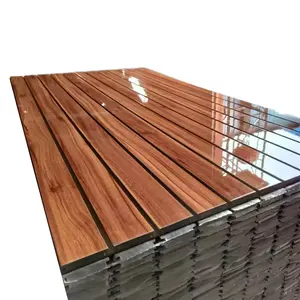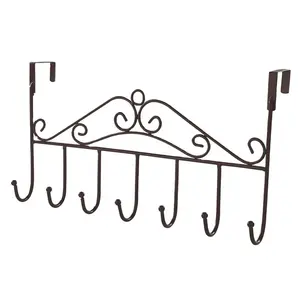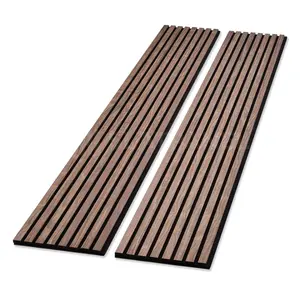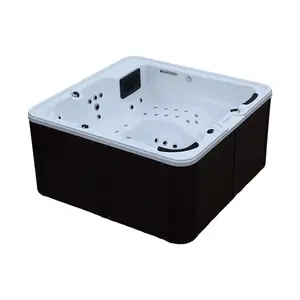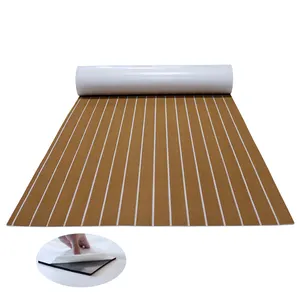Popular in your industry



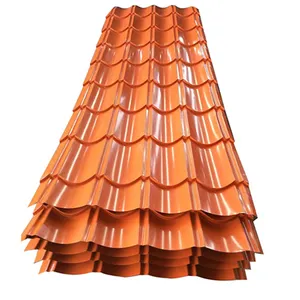













Related Searches:




























Top categories
About puf panel roof sheet
Introduction to PUF Panel Roof Sheets
Polyurethane foam (PUF) panel roof sheets are an innovative roofing material that caters to various industrial and commercial construction needs. These panels are known for their thermal insulation properties and are widely utilized in the construction of energy-efficient buildings. The core of these panels is filled with polyurethane foam, making them an excellent choice for maintaining temperature control within structures.
Types of PUF Panel Roof Sheets
The market offers a diverse range of PUF panel roof sheets, each designed to meet specific requirements. Expanded Polystyrene (EPS) panels and Polyisocyanurate (PIR) panels are among the most prevalent types. EPS panels are valued for their balance between fire resistance and insulation, while PIR panels are favored in applications demanding higher fire performance and energy efficiency. Other specialized types include fiberglass and carbon fiber sandwich panels, which cater to niche applications requiring specific attributes such as enhanced strength or reduced weight.
Applications and Features
Insulated roof panels are not just limited to covering buildings; they are integral to the construction of cold storages, warehouses, and prefab structures due to their insulating prowess. The versatility of PUF panels extends to their use in both wall and roof applications, providing a unified solution for the building envelope. Features such as lightweight construction and ease of installation make these panels a preferred choice for rapid construction projects.
Material Composition and Advantages
The composition of PUF sandwich panels typically involves two metal sheets with a core of polyurethane foam. This structure not only offers excellent thermal insulation but also provides superior rigidity and durability. The use of mineral wool in certain panels enhances fire resistance, making them suitable for regions prone to high temperatures and fire hazards. The inherent properties of these materials contribute to the overall energy efficiency and sustainability of the structures they are used in.
Environmental Impact and Energy Efficiency
Thermal insulation panels like PUF panels contribute significantly to reducing energy consumption in buildings. By maintaining consistent internal temperatures, they reduce the reliance on heating and cooling systems, thereby lowering energy costs and the carbon footprint of the building. Their lightweight nature also translates to a reduction in transportation emissions and a decrease in the structural load of the construction.
Choosing the Right PUF Panel Roof Sheet
Selecting the appropriate PUF panel roof sheet requires consideration of the specific needs of a project, such as climate, building use, and fire safety requirements. While EPS and mineral wool panels offer distinct advantages in certain scenarios, PIR panels might be the preferred choice for others. It is essential to assess the attributes of each type to ensure the optimal balance of insulation, fire resistance, and structural integrity.
